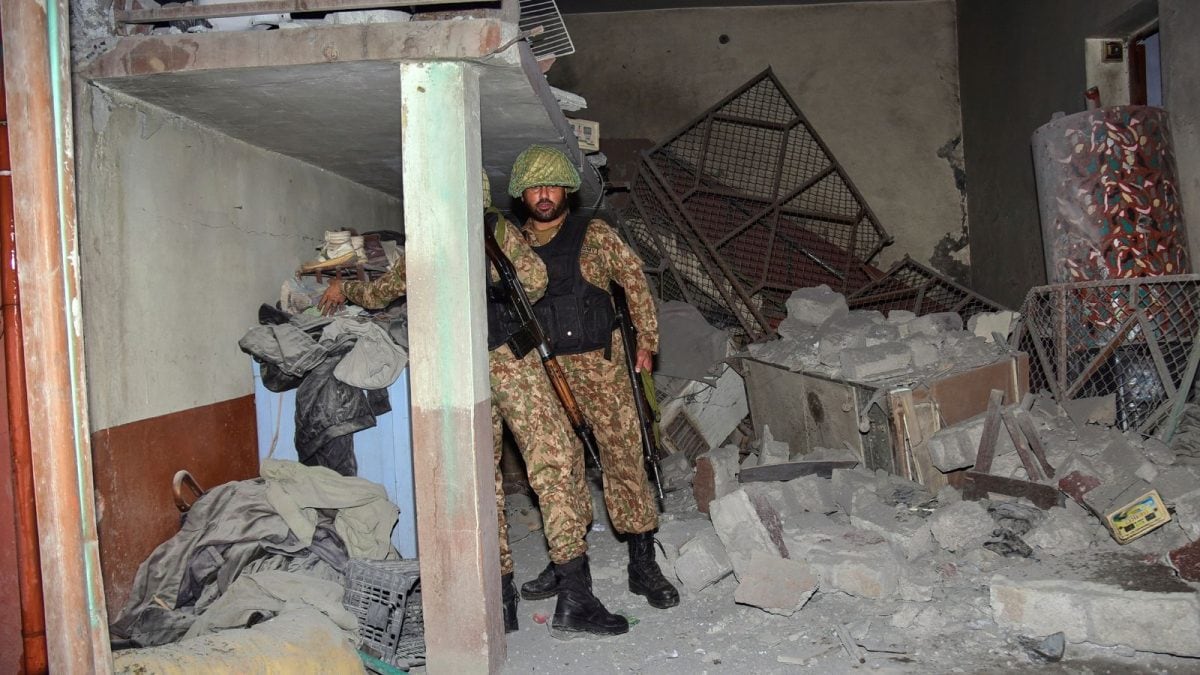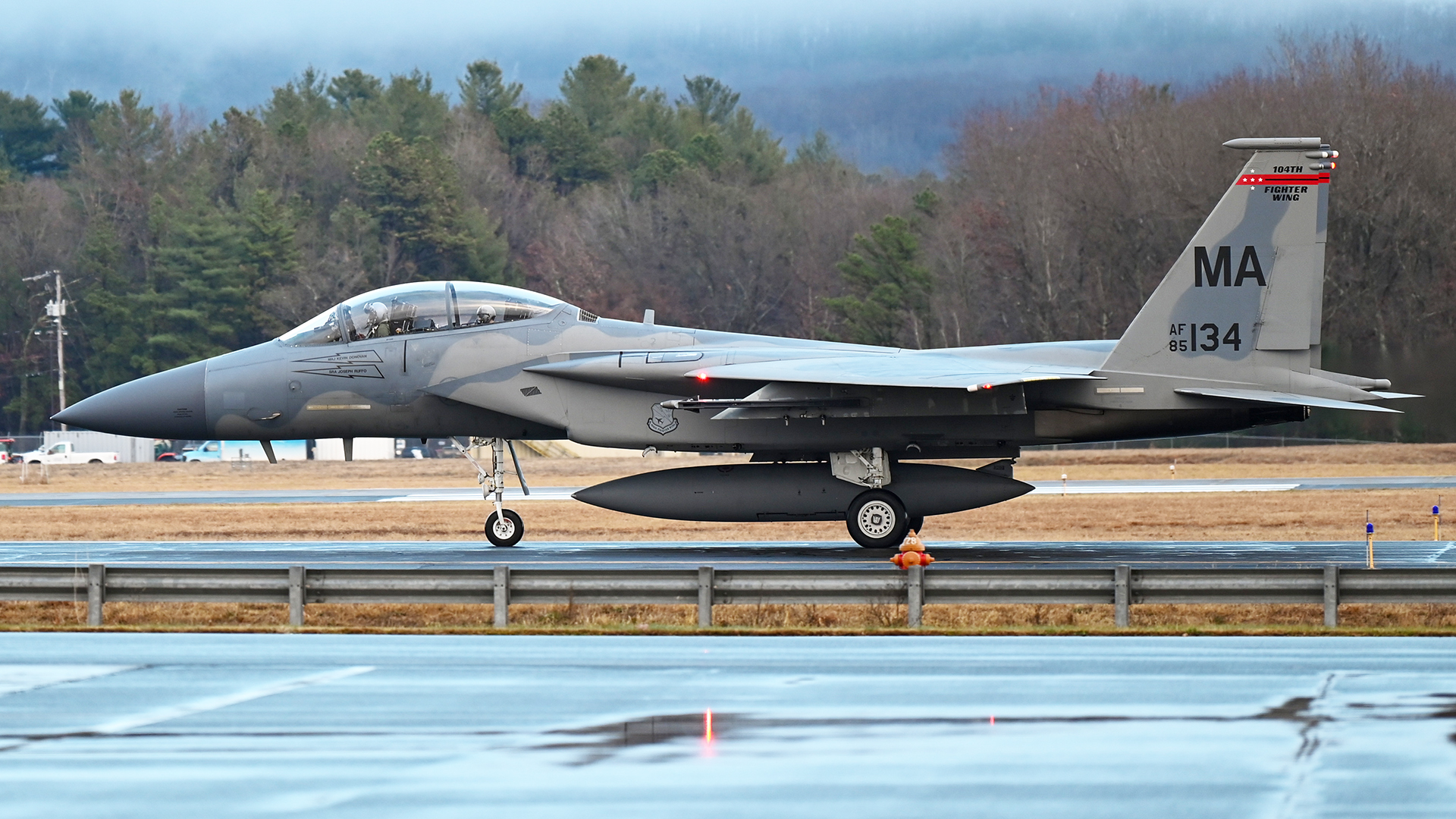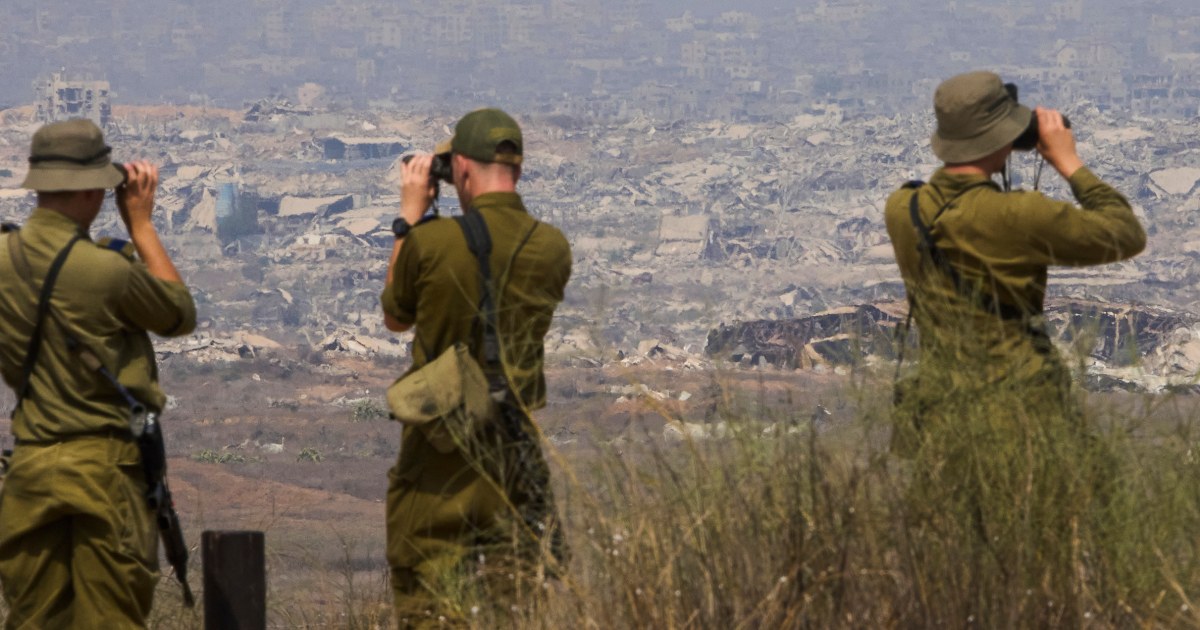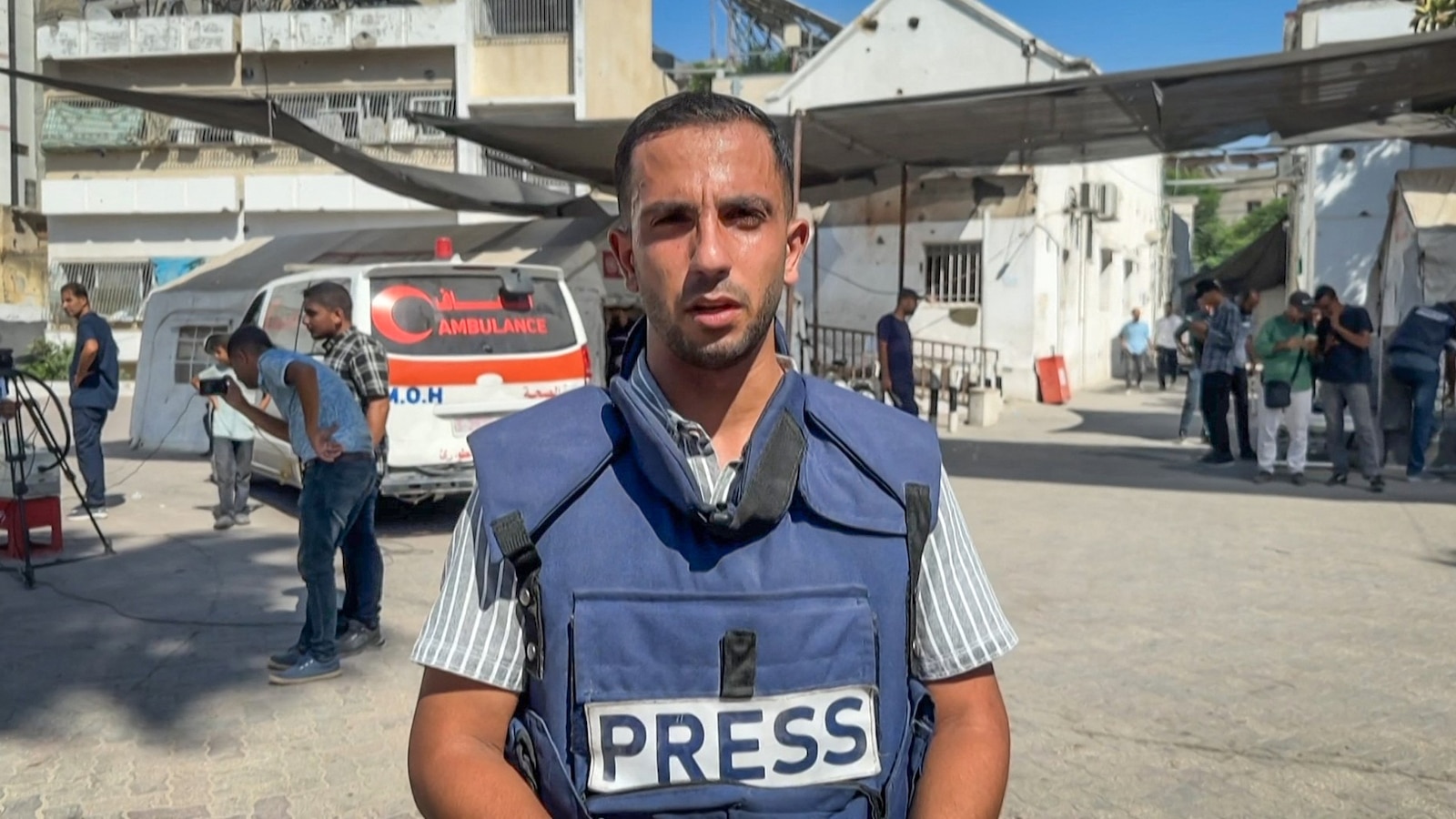India Responds Firmly to Pakistani Drone and Missile Threats, Targets Lahore Air Defence Systems

In a significant escalation of military tensions, India has successfully intercepted a series of drone and missile attacks launched by Pakistan, aimed at military installations in several northern and western regions of India. The Ministry of Defence announced this development on Thursday, asserting that the response was both necessary and proportional.
On the night of May 7-8, 2025, India faced an onslaught of attacks targeting key military sites including Awantipura, Srinagar, Jammu, Pathankot, Amritsar, Kapurthala, Jalandhar, Ludhiana, Adampur, Bhatinda, Chandigarh, Nal, Phalodi, Uttarlai, and Bhuj. According to the Ministry of Defence, these attacks were effectively neutralized by India’s Integrated Counter UAS Grid and Air Defence systems. The remnants of the attacks are currently being collected from various locations, serving as evidence of their origin from Pakistan.
In retaliation, the Indian armed forces launched targeted strikes against Pakistani air defence radars and systems at multiple locations, including Lahore and Rawalpindi. This operation, designated as Operation Sindoor, was implemented to target nine known terror sites within Pakistan and Pakistan-occupied Kashmir, following the tragic killing of 26 individuals in the Pahalgam area of Kashmir on April 22. The Resistance Front (TRF), identified as a proxy of the notorious Lashkar-e-Taiba (LeT), claimed responsibility for this attack.
The selected targets during Operation Sindoor included facilities in Muzaffarabad, Kotli, Sialkot, Barnala, and Bahawalpur, which have been linked to the infiltration of various terrorist groups into India, such as Lashkar, Hizbul Mujahideen, and Jaish-e-Mohammad.
During a media briefing, Foreign Secretary Vikram Misri firmly rebuffed Pakistan's claims about the situation, attributing the escalation to the initial attack on Indian soil on April 22. Misri emphasized, “The Indian response is non-escalatory, we are merely defending ourselves.” He also highlighted a troubling pattern of behavior from Pakistan, referencing previous incidents where Pakistan attempted to dilute accountability for acts of terrorism.
Misri criticized a Pakistani minister's assertion denying the presence of terrorists in Pakistan, pointing out that numerous terrorist activities around the world bear clear Pakistani links. He notably mentioned Osama bin Laden's discovery within Pakistan and the ongoing concerns surrounding well-known terrorists like Masood Azhar and Hafiz Saeed, both of whom are widely recognized as UN-designated terrorists.
Addressing calls from Pakistan for an independent investigation into the Pahalgam attack, Misri expressed skepticism based on Pakistan's track record, recalling India’s past offers of cooperation which were largely ignored. He emphasized that Pakistan’s attempts to initiate joint investigations often serve as a means to deflect responsibility rather than a genuine pursuit of justice.
Responding to Pakistani claims of civilian casualties resulting from Indian strikes, Misri maintained that all targets were meticulously chosen to avoid civilian harm. He pointed out the contradiction in Pakistan's narrative regarding state-sponsored funerals for terrorists, which he argued highlighted a disturbing trend in the country’s approach to terrorism.
On the topic of Pakistan's recent military actions, the Ministry of Defence reported an alarming increase in unprovoked shelling across the Line of Control, especially in regions such as Kupwara, Baramulla, Uri, Poonch, Mendhar, and Rajouri. This escalation has tragically resulted in the loss of 16 innocent lives, including three women and five children, prompting India’s military to respond decisively to halt such aggression.
After the airstrikes, India's Defence Minister Rajnath Singh stated that the operations were conducted with care to ensure that only those responsible for the Pahalgam attack were targeted. Singh further informed that around 100 terrorists were reportedly neutralized during these precision strikes, reinforcing India's resolve to respond firmly to any misadventure from Pakistan.
In a high-level meeting with National Security Advisor Ajit Doval and other senior officials, Prime Minister Narendra Modi reviewed the current security landscape, emphasizing the necessity of inter-ministerial coordination to ensure national preparedness in light of these escalations. Modi stressed the importance of operational continuity and resilience in the face of ongoing threats.
The Indian government has committed to maintaining peace; however, it will respond decisively to any further provocations. The situation remains dynamic, and both nations appear to be locked in a cycle of retaliation that raises concerns over regional stability.
In summary, India’s recent military actions underscore a broader strategy of deterrence in response to perceived threats, while the diplomatic discourse reveals a deep mistrust between the two nations. As the situation unfolds, the international community watches closely, hoping for a resolution to this long-standing conflict.


























